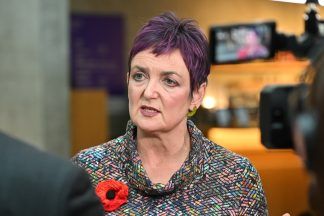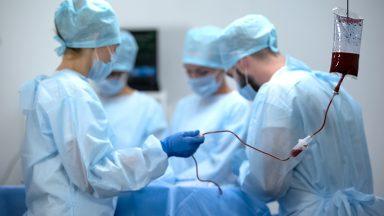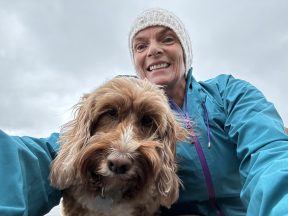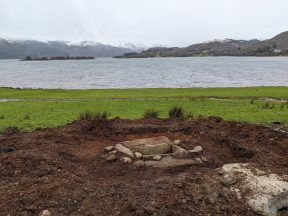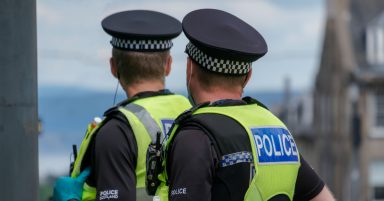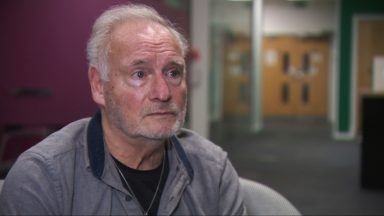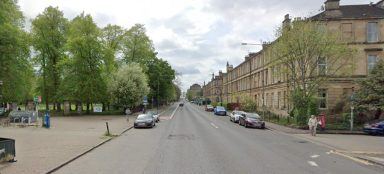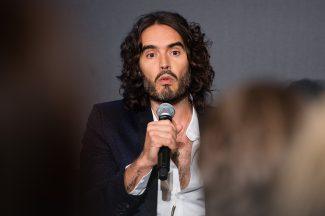A mum from Glasgow has claimed that a surgery carried out by a robot has saved her life after she was given the all-clear following a cancer diagnosis.
Deborah Speirs was first diagnosed with stage three bowel cancer in March 2021 and was presented with the option to undergo robotic surgery rather than have the procedure carried out in a conventional method.
She said: “When you are told you are diagnosed with cancer, it takes a while for this to really sink in as you never think it is going to happen to you.
“I had never heard about this type of procedure before. An operation is a scary word in itself and I never thought anything about a robot being directed by a surgeon.”
She met with Professor Campbell Roxburgh, a surgeon at Glasgow Royal Infirmary where he explained the procedure.
The robotic systems, called da Vinci surgical systems, have four arms that hold a camera and the surgical tools and a surgeon controls the robotic system from the surgeon console, which is in the operating theatre.
The systems allow doctors to use tiny wristed instruments that move like a human hand, but with a greater range of motion.
The precision of the surgery can reduce the amount of time patients are required to stay in hospital post-surgery.
Following the innovative surgery and a dose of chemotherapy, the mum who is from the Tollcross area of the city was given the all clear.
Deborah added: “The technology is amazing and I was up and walking around in a matter of days after my surgery. I wanted to start hoovering when I got home from hospital but my daughter made sure I rested up. It just shows you how great this is for recovery.
“In what was a very traumatic and difficult time for me and my family, I genuinely think that robotic surgery has saved my life.”
Prof Roxburgh said: “Robotic surgery has already shown huge improvements in patient care and recovery times.
“It is not complete devolution of the surgery to a robot and the surgeon still has absolute control of everything that is going on. What we are adding, is that we are using a console that controls instruments and these go in through robotic ports.
“We have seen a halving in the length of time patients are required to stay in hospital in comparison to conventional keyhole surgery as it is less invasive.
“In addition to this, it helps to reduce complications, imaging assessments, blood transfusions, readmission rates and infections.
“Deborah is just one example of a number of successful surgeries using this type of equipment.”
More than 60 doctors are trained in the use of robotic surgery systems across NHS Scotland, with 15 machines in operation.
NHS Greater Glasgow and Clyde offers robotic surgery across multiple specialities including colorectal, urology, gynaecology and head and neck surgery, at both the GRI and Queen Elizabeth University Hospital.
David Marante, regional director at Intuitive, the maker of the da Vinci surgical systems used by surgeons and their teams at NHSGGC, said: “The progress that has been made at NHSGGC over the past 18 months is a huge accomplishment and is testament to the commitment of the team to expand robotic-assisted surgery so that more patients will have access to minimally invasive care with our technology.
“Our continued focus is to provide technology training to more surgeons, trainees and care teams across Scotland as they grow their da Vinci robotic programmes with the aim of further reducing rates of open surgery to improve patient outcomes and lower the total cost of care.”
Follow STV News on WhatsApp
Scan the QR code on your mobile device for all the latest news from around the country


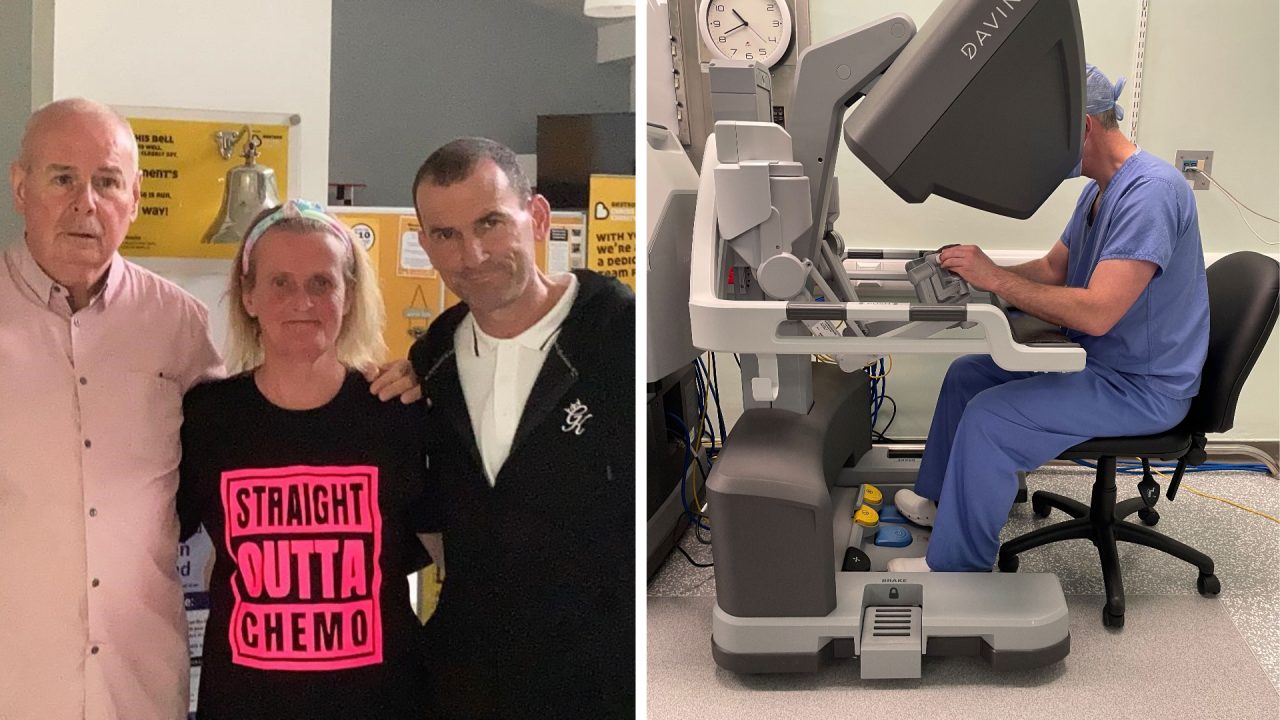 NHSGGC
NHSGGC

